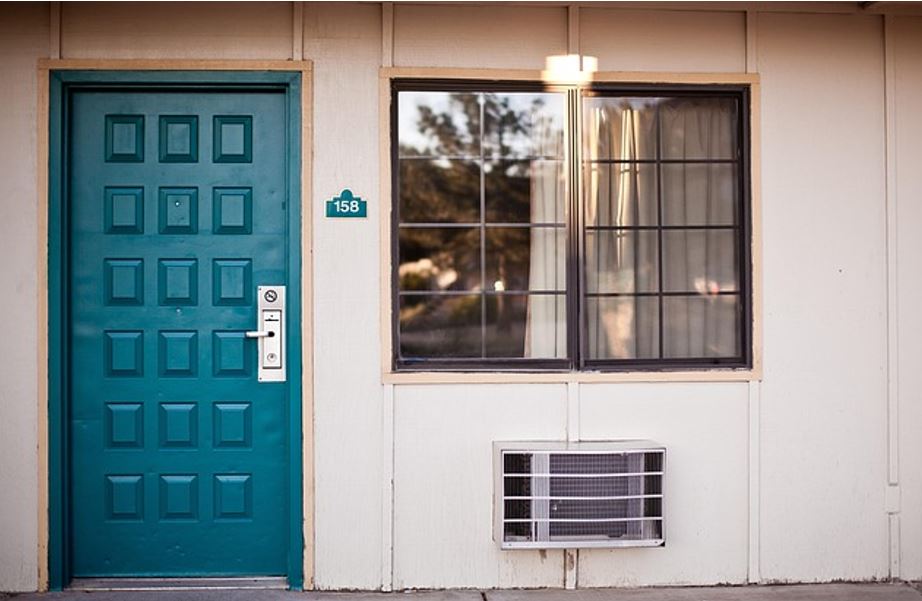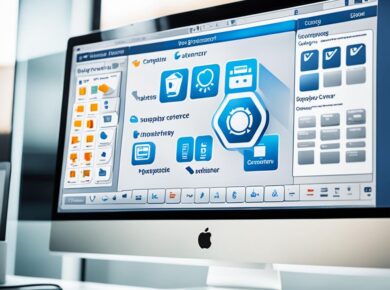With warmer temperatures setting in, more people are preparing to turn their air conditioners on. Part of the process involves becoming more familiar with your model and its components and how these work cohesively together for efficient functioning.
This will help you better understand the basic problems the unit can experience and how to troubleshoot before contacting an AC repair technician. Still, many issues can be addressed early with preventive inspections and maintenance by a reputable air conditioning service.
Companies like M&R Refrigeration perform air conditioning tune-ups before summer to ensure the system is performing at its most efficient before the extreme temperatures arrive to stress the equipment.
A primary cause for increased energy consumption, higher utility costs, or a system malfunction is neglected maintenance.
Troubleshooting Common Air Conditioning Problems
It can not only be frustrating but unsafe when the air conditioning suddenly stops working in the summer’s extreme temperatures. When you have a basic understanding of the components and their function, you can troubleshoot some relatively simple issues.
Still, it’s important to reach out for professional guidance when you’re unsure how to solve the problem. Visit – Spring and Summer Energy-Saving Tips | Department of Energy – for tips on conserving energy with your cooling system. Consider the following air conditioning issues and potential solutions.
The AC won’t turn on
When the air conditioning unit won’t turn on, check to see if the condenser is running with the outdoor unit. You also want to make sure the unit is plugged in. The thermostat should be set to cool and lowered by roughly 5-10 degrees to see if it fixes the issue.
If the system still doesn’t power on, a fuse may be blown, or a circuit breaker could be tripped. After replacing the fuse or setting the breaker, the problem persists, it’s important to reach out to a repair technician. The professional will be able to diagnose the underlying problem and present a viable solution.
The AC isn’t cooling the house
If the air conditioner is functioning and cooling the house but not reaching the desired temperature, several factors could be at play. The unit could be underpowered for the home’s size, which would require replacing the system with a more powerful model.
As an alternative, you could add a second unit to divide the workload in different sections of the home.
One thing to remember is that an average system should be able to maintain a roughly 25-degree difference in temp between the indoors and outdoors. When the summer temps are extreme, even an adequately working uit mit not be able to comfortably cool your home.
If the temperature is relatively normal and the system can’t keep up, there could be an issue with the charge, or the evaporator coil might be frozen. Your AC repair tech will address these problems. Go here for AC problems and ways to fix them.
Blowing hot air
When the air conditioner is blowing hot air, the first thing to check is the thermostat to make sure it’s set to cool, and the fan is on auto. The next step is to make sure the filter is clear of dirt and not clogged. You further want to clean the outside unit.
A refrigerant leak could be the reason for hot air blowing from the air conditioning system. And in extreme case, ice can form on the evaporator coil or the unit’s indoor casing. The unit should be powered off to prevent further damages.
Not only can this lead to high repair costs, but the increase in energy consumption will substantially elevate utility costs.
Water pooling around the base
Some homeowners are unaware that condensation must be drained away from a working AC unit regularly. If the condensate drain lines clog, the pump might not have sufficient power to drain the built-up water. This can lead to water pooling at the indoor unit’s base.
Typically, there’s a tray to collect a small volume of water when this happens, but too much can start to spill over. This leakage can lead to water damage floors or mold growth in carpeting that you might not notice right away.
Sounds or odors

Unusual sounds coming from the system are alarming. Depending on the location of the noise and the type of sound will determine the issue. There could be a part failing, a problem with a fan, or it could be the compressor. Sounds like screeching, grinding, or clanging should be reported to your AC repair contractor.
In that same vein, if you notice a burning smell coming from the unit, it could be a sign of the system overheating or a failing part. It can also be severe safety risk. In this case, the equipment should be shut off and contact the repair company.
Final Thought
The most important thing you can do as a homeowner to keep your air conditioning working at peak performance and ensure its longevity is to schedule regular preventive inspections and routine maintenance. This is your best defense against unexpected repairs or malfunctions.
Read Next:
- Air Conditioning Repair – DIY Tips for Repairing Air Conditioners
- Parts Of HVAC System – 10 Important Parts Of An HVAC System



